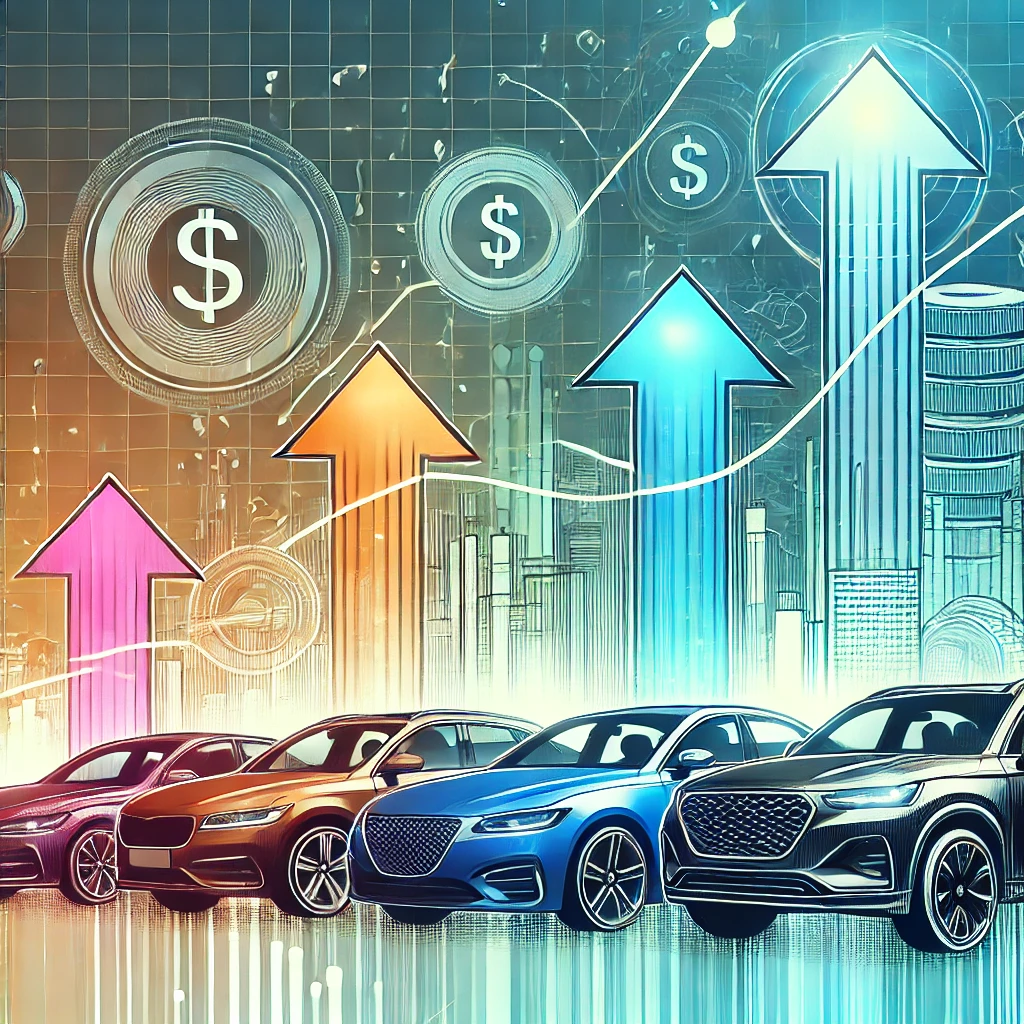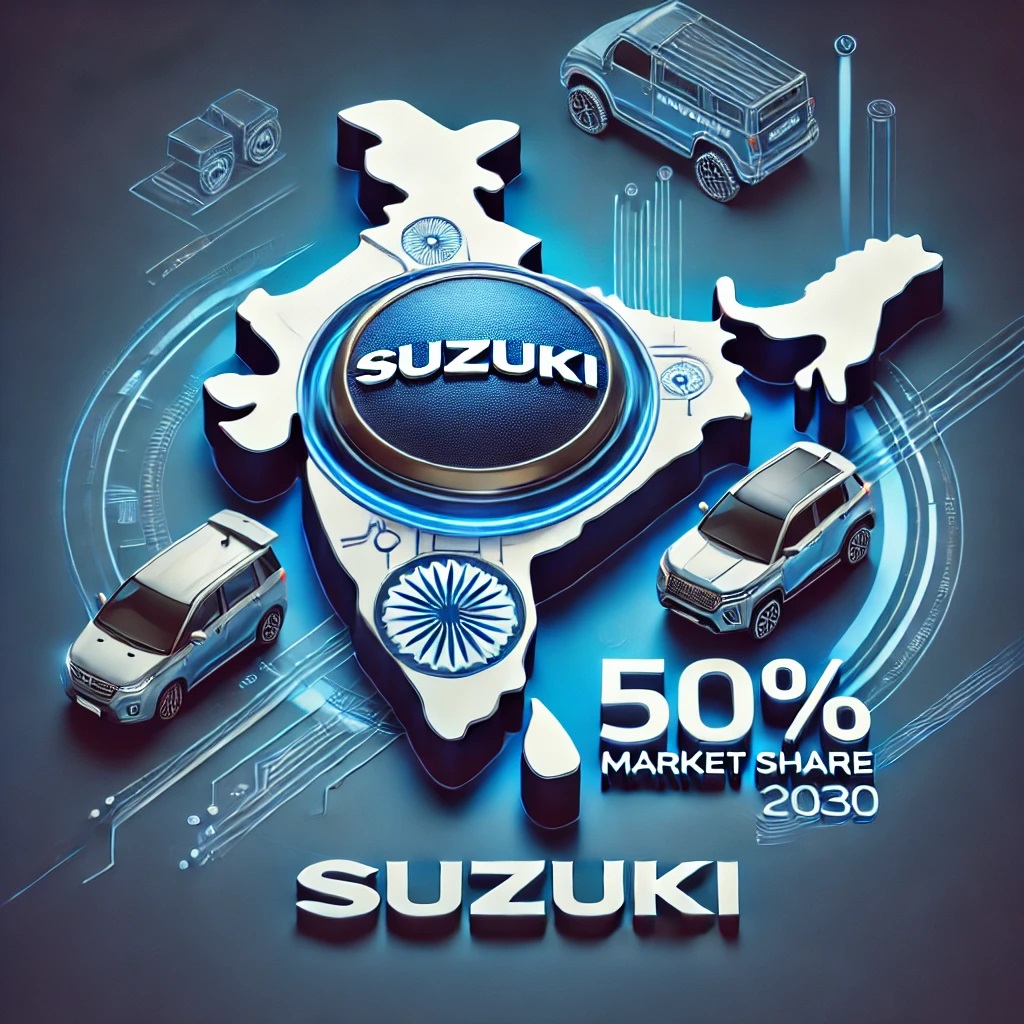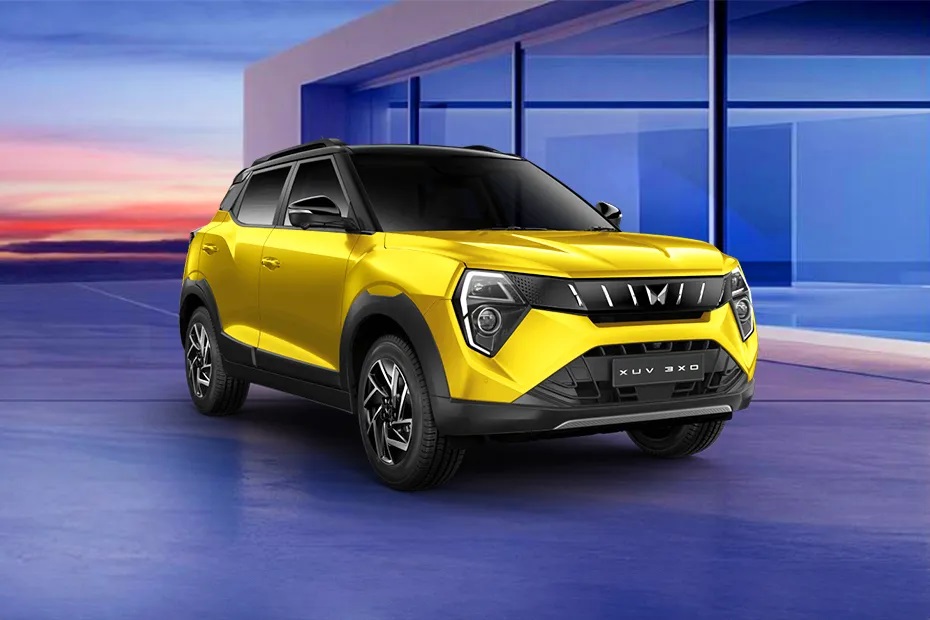Automobile Price Increases in India Effective January 2025
Carmakers in India have announced price hikes across their model ranges starting January 2025. The increases are attributed to several factors, including:
- Rising input costs and commodity prices.
- Increased operational and logistical expenses.
- Unfavorable exchange rates.
Below is a breakdown of the price adjustment strategies by major automakers:
1. Maruti Suzuki India
- Price Increase: Up to 4% starting January 2025.
- Reason: Rising input and operating costs.
- Official Statement:
“The business intends to raise the prices of its vehicles starting in January 2025 due to growing input and operating costs. Depending on the model, the price rise could reach 4%.”
- Affected Models:
- Alto K10, S-Presso, Celerio, Eeco, WagonR, Swift, Dzire.
- Brezza, Ertiga, Ignis, Baleno, Ciaz, Fronx.
- Grand Vitara, Jimny, XL6, Invicto.
2. Hyundai Motor India
- Price Increase: Up to ₹25,000, effective January 1, 2025.
- Reason: Escalating input costs and the need for a partial cost pass-through.
- Official Statement:
“This price increase will be applied to all models and will reach a maximum of ₹25,000. All MY25 vehicles will see a price hike starting January 1, 2025.”
- Affected Models:
- Grand i10 Nios, i20, i20 N Line, Aura, Verna, Exter.
- Venue, Venue N Line, Creta, Creta N Line, Alcazar.
- Tucson, Ioniq 5 (EV).
3. Mahindra & Mahindra
- Price Increase: Up to 3%, effective January 2025.
- Reason: Rising commodity prices and inflationary pressures.
- Official Statement:
“We have tried to absorb as much of the extra expenses brought on by rising commodity prices and inflation as we can. However, a portion of this increase will need to be passed on to customers.”
- Affected Models:
- Bolero, Bolero Neo, XUV 3XO, Thar, Thar Roxx.
- Scorpio Classic, Scorpio-N, XUV700, XUV400 (EV).
- BE 6e (EV), XEV 9e (EV).
4. JSW MG Motor India
- Price Increase: Up to 3%, effective January 2025.
- Reason: To offset increased input costs while maintaining product quality, innovation, and sustainability.
- Official Statement:
“A slight price increase protects us from inflationary challenges, even though we strive to minimize its impact on our customers.”
- Affected Models:
- Comet EV, ZS EV, Windsor EV.
- Astor, Hector, Gloster.
5. Mercedes-Benz India
- Price Increase: Up to 3%, effective January 1, 2025.
- Additional Note:
- Price protection is offered for all current and prospective reservations made before December 31, 2024.
- Reason: Increased material costs, volatile commodity prices, and inflationary challenges.
- Official Statement:
“Our cost structure has been under more strain over the last three quarters due to rising material costs, volatile commodity prices, higher logistical costs, and inflationary costs.”
- Example Price Adjustments:
- Mercedes-Maybach S 680: ₹9 lakh increase.
- GLC: ₹2 lakh increase.
6. BMW India
- Price Increase: Up to 3%, effective January 1, 2025.
- Reason: To address rising costs while maintaining product quality.
- Affected Models:
- Domestically Built:
- 2 Series Gran Coupe, 3 Series LWB, 5 Series LWB.
- 7 Series LWB, X1, X3, X5, X7, M340i.
- Fully Built-Up (CBU) Models:
- i4, i5, i7, i7 M70, iX1, iX.
- Z4 M40i, M2 Coupe, M4 Competition, M4 CS.
- M5, M8 Competition Coupe, XM (hybrid).
- Domestically Built:
Conclusion
These price increases highlight the broader economic challenges faced by automakers, including inflationary pressures and operational cost surges. Consumers planning to purchase vehicles in early 2025 may want to consider finalizing bookings before the hikes take effect.



